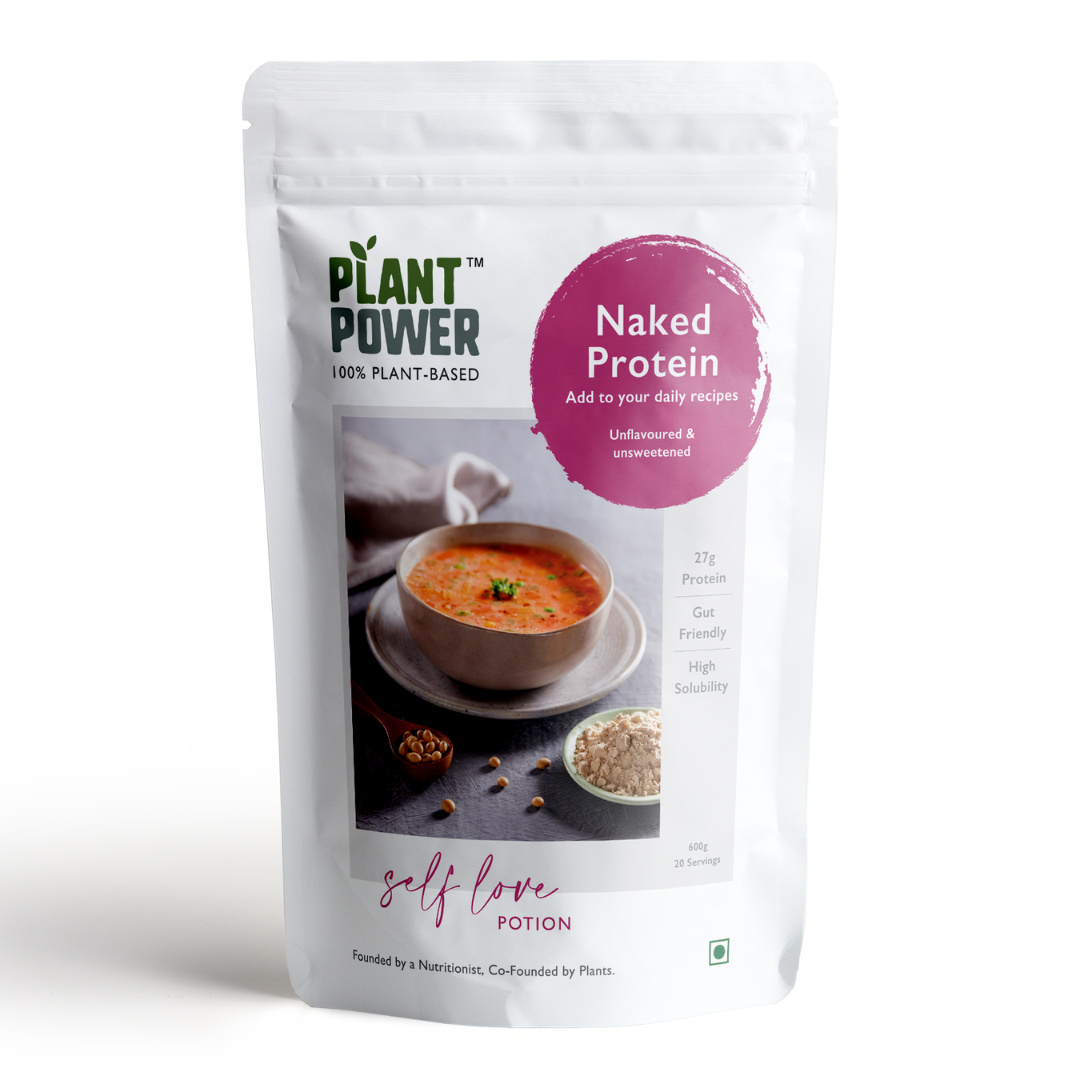
The Building Blocks of Nutrition
Share
Breaking it down:
Every human body is composed of carbohydrates, protein, fat, water, vitamins and minerals. Carbohydrates, protein and fat are known as macronutrients as they are required in relatively large quantities in the body. Vitamins and minerals are micronutrients, as a smaller amount is required. Macronutrients and micronutrients provide energy, structure and regulation which are needed for growth, maintenance, repair and reproduction. Most nutrients can be produced in the body, but some crucial nutrients only come to us through food. These are called essential nutrients, as it’s essential for our body to get these nutrients from outside sources.
An Introduction to Protein, Fat and Carbohydrates:
If you leave out the water content in your body, protein is the next most plentiful substance in your body. In fact, about half of your dry weight is made up of protein. Protein is made up of small units called amino acids. Protein provides many functions to your body, including regulation of body processes, body fluid, and keeping an acid-base balance. Another crucial task that protein is responsible for is the creation of enzymes, which are responsible for all chemical reactions that take place in the body.
For the last couple of years, health geeks have avoided fat like the plague. According to research, fat does not make you fat. It’s as simple as that. The main types of fat in the body are saturated fat, unsaturated fat and trans fat. trans fat is the fat you want to avoid. Essentially, highly processed junk food and fast food chains contain trans-fat in the meal, which raises your LDL(bad) cholesterol. Saturated fat and unsaturated fat are the ones you should consume.
Most of your body’s energy is produced through the breaking down of glucose from carbohydrates. Though ATP, or so called as the currency of energy in the body, can also be produced through the breakdown of protein and fat, carbohydrates are the preferred macronutrient to do so. ATP provides you with enough energy to sustain you throughout the day, and while working out. If you still think carbohydrates can be avoided, keep in mind that the brain is the most energy demanding organ in your body, and glucose is food for the brain.
Vitamins and minerals are like minions working in a factory. Though they may be little, they contribute immensely to every crucial task and keep your system running efficiently. They repair cellular damage, heal wounds and also bolster up your immune system. Vitamins and minerals perform hundreds of tasks in your body. For your body to carry out functions, it needs raw materials. It gets these raw materials from these essential vitamins and minerals.
By now, you must have realised that all these nutrients are required in the correct amounts to help you reach peak performance and peak health. And remember, an apple a day keeps the doctor away!
-Trishna Utamchandani
Sources:

